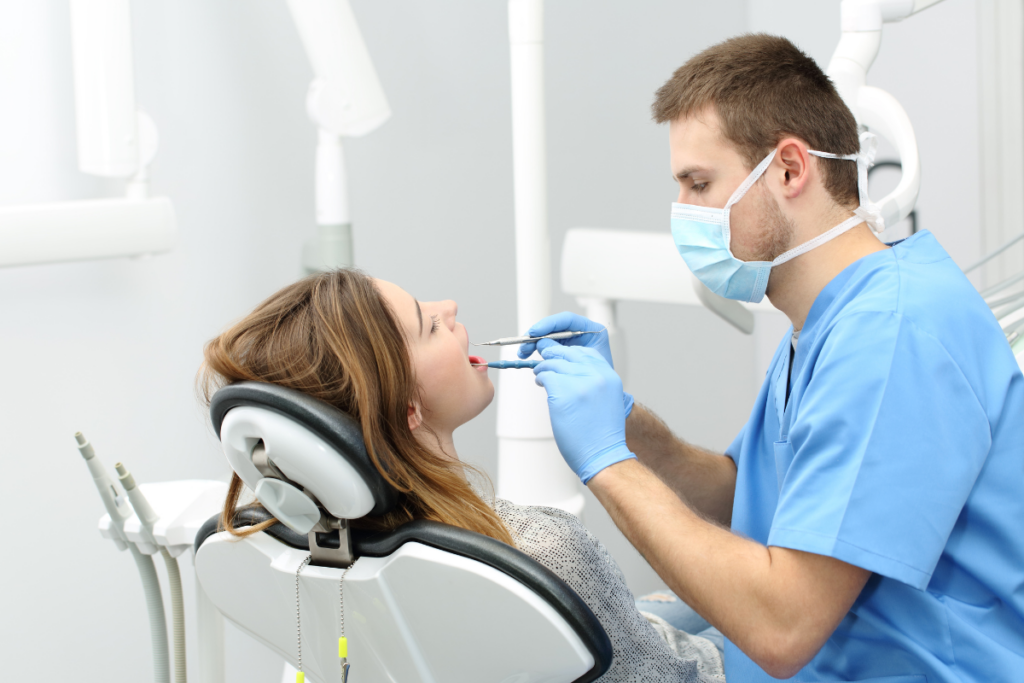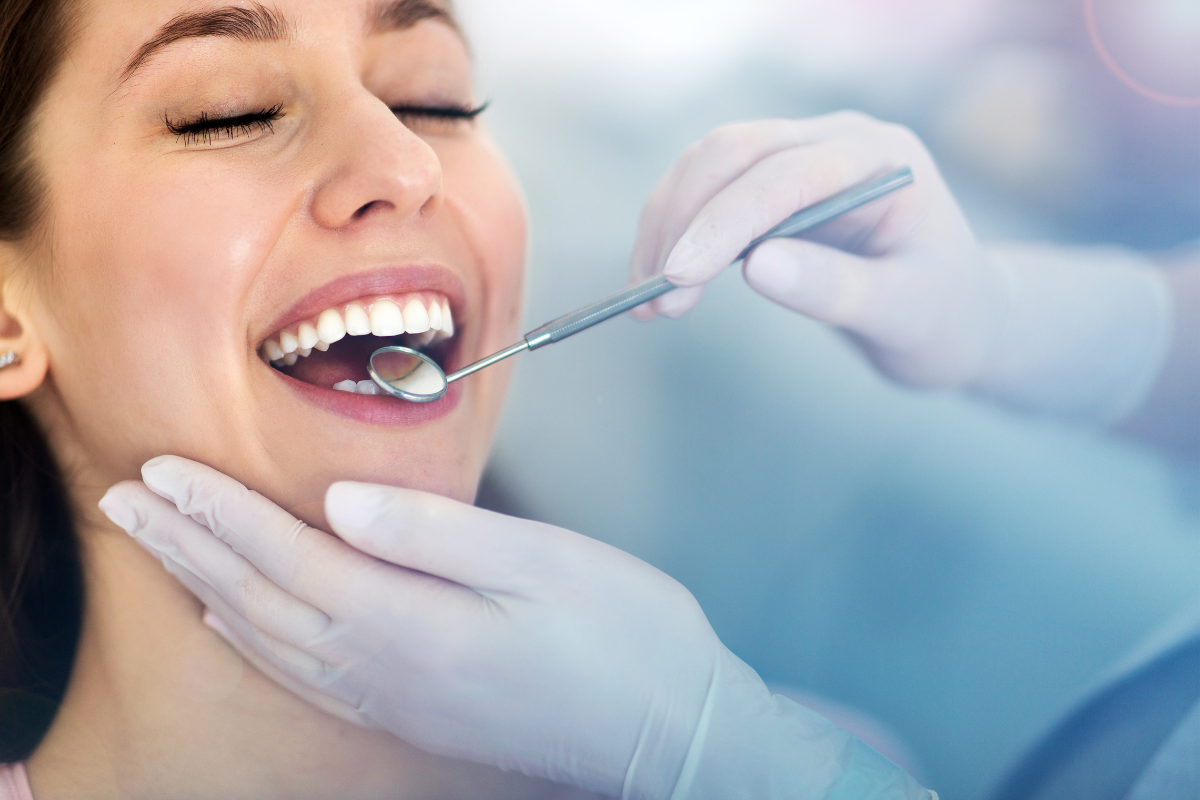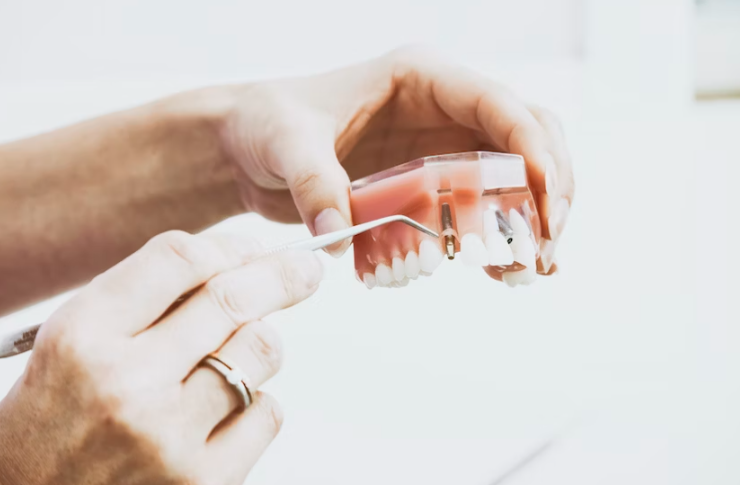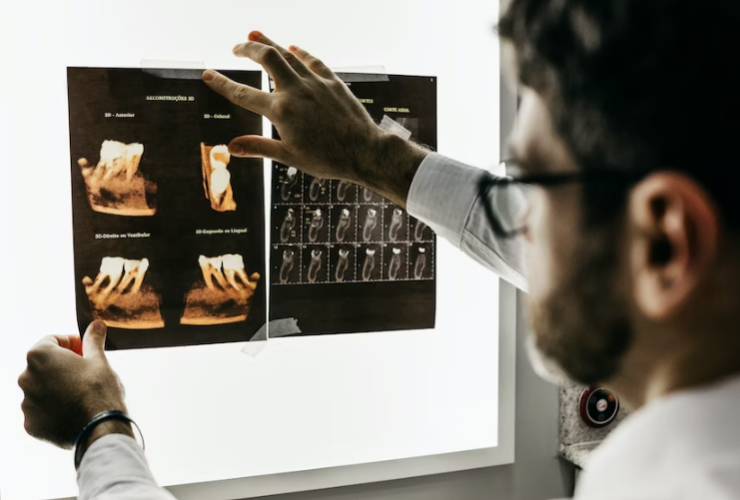How to Care for Your Teeth After a Dental Emergency: Recovery Tips and Post-Treatment Instructions
Experiencing a dental emergency can be a stressful and painful event. Whether it’s a broken tooth, a knocked-out tooth, or severe tooth pain, it’s crucial to seek immediate dental care. However, proper post-treatment care is equally important for a speedy recovery and to maintain your oral health.
In this blog post, we will provide you with essential recovery tips and post-treatment instructions to help you care for your teeth after a dental emergency. If you don’t know to learn more about what is a dental emergency, read our comprehensive blog post.

Follow Your Dentist’s Instructions
After receiving emergency dental treatment, your dentist will provide you with specific post-treatment instructions. These instructions are tailored to your particular situation and should be followed diligently. They may include medication recommendations, dietary restrictions, and guidelines for oral hygiene routines.
Manage Pain and Discomfort
Dental emergencies can often cause pain and discomfort. If your dentist has prescribed pain medication, take it as directed. Over-the-counter pain relievers such as ibuprofen or acetaminophen can also help alleviate mild to moderate pain. You can temporarily numb the area in pain by applying a cold compress to the affected area. Be sure to consult your dentist before taking any medication, especially if you have existing medical conditions or are allergic to certain drugs.
Control Bleeding and Swelling
In some dental emergencies, bleeding and swelling may occur. To control bleeding, gently rinse your mouth with cold water and apply a piece of gauze or a clean cloth to the affected area, applying gentle pressure. If bleeding persists or is severe, contact your dentist immediately. Swelling can be reduced by applying an ice pack to the outside of your mouth, alternating 20 minutes on and 20 minutes off for the first 24 hours following the emergency.
Be Mindful of Your Diet
During the recovery period, it’s crucial to choose your diet wisely. Stick to soft, easy-to-chew foods that won’t cause further damage to your teeth. Avoid hard, sticky, or crunchy foods that may dislodge temporary fillings or restorations. Opt for nutrient-rich options such as soups, mashed vegetables, smoothies, and yoghurt. Also, refrain from consuming hot or cold foods and beverages if you’re experiencing tooth sensitivity.
Avoid Smoking and Alcohol Consumption
It’s best to avoid smoking and drinking alcohol during the recovery period as these habits can slow down the healing process. Smoking also increases the chances of infection and a painful condition called dry socket, which can happen when the area where your tooth was removed doesn’t heal properly.
Maintain Excellent Oral Hygiene
Proper oral hygiene is essential for a swift and successful recovery. However, be cautious while brushing and flossing around the treated area to avoid irritating the affected teeth or gums. You may need to use a special mouthwash or avoid certain products for a specific period. If unsure, consult your dentist for guidance.
Take a Break from Strenuous Activities
A strenuous activity can increase your blood pressure, which can lead to complications after your surgery. For the first few days after the operation, make sure to avoid strenuous activities such as heavy lifting, or playing sports. The dentist will guide you on what physical activities you can start doing again and when.
Look for signs of complications
If you have any problems or have any concerns, don’t hesitate to reach out to your dentist. Should you experience heightened pain, especially if it interferes with your sleep, or notice unusual discolouration around the surgical area, it’s important to contact your dentist promptly. At Hermes Dental, we offer 24-hour emergency dental treatment. If you need urgent dental treatment, please don’t wait to call us on 020 7233 7660 or on 07711 200 694. We are rated one of the best Dentists in London and can be trusted with your dental emergency.
- GERD and Your Teeth: Why you should see a dentist urgently - November 24, 2024
- When a broken tooth is considered a dental emergency - November 24, 2024
- How to prevent tooth decay in children - July 9, 2024




